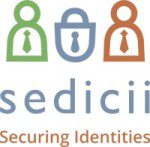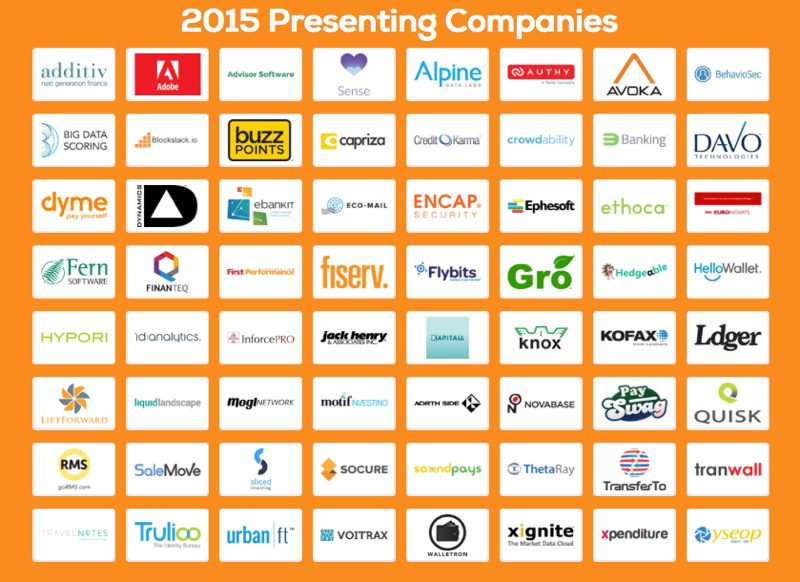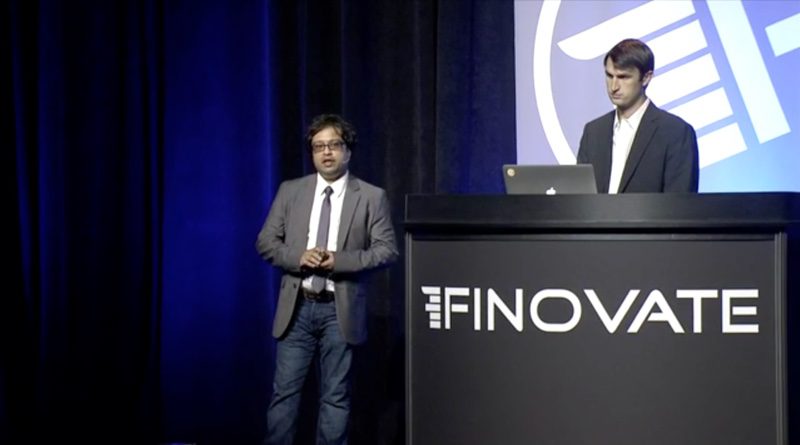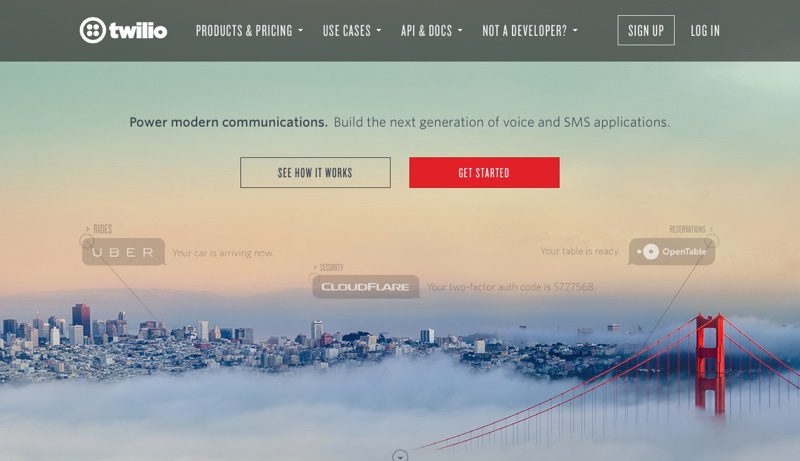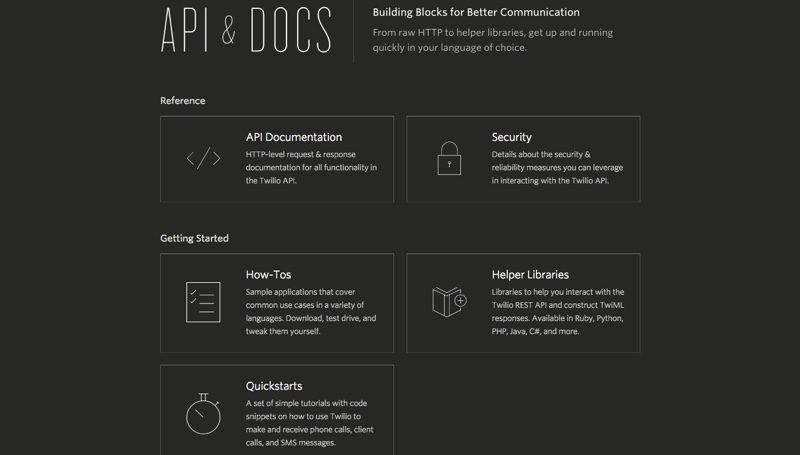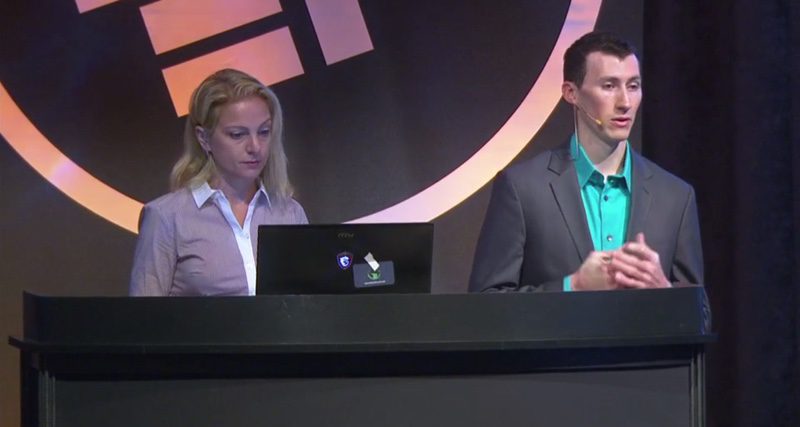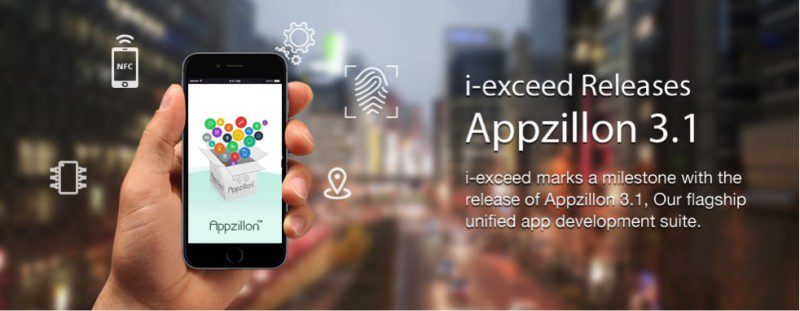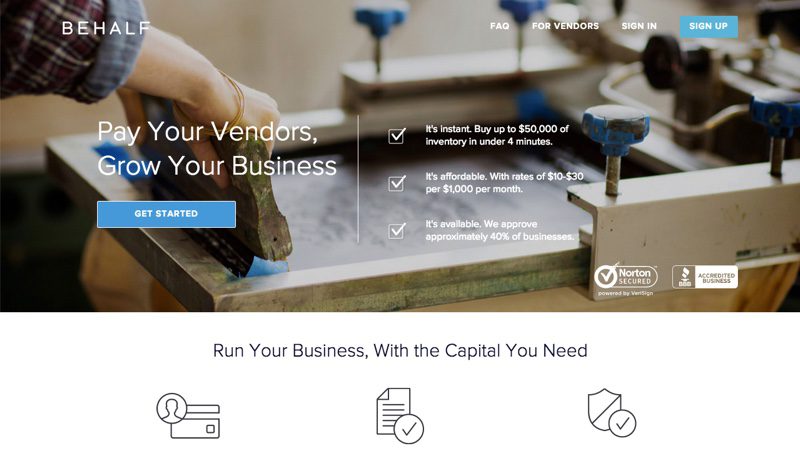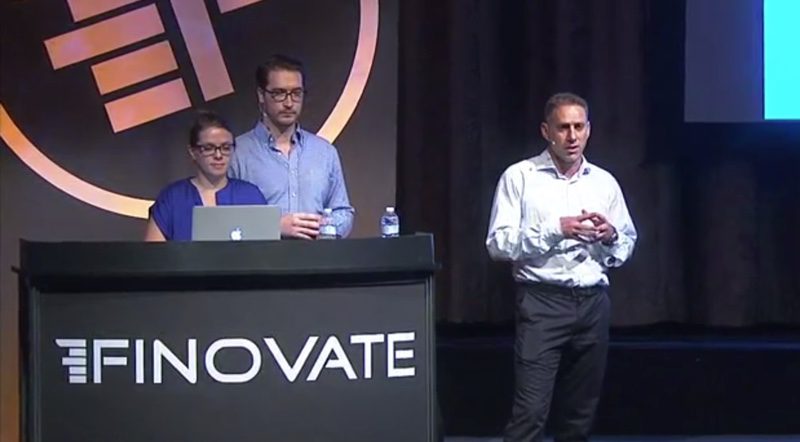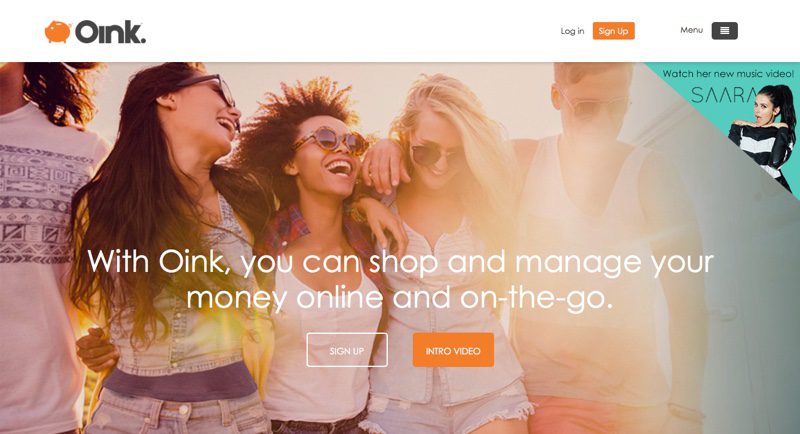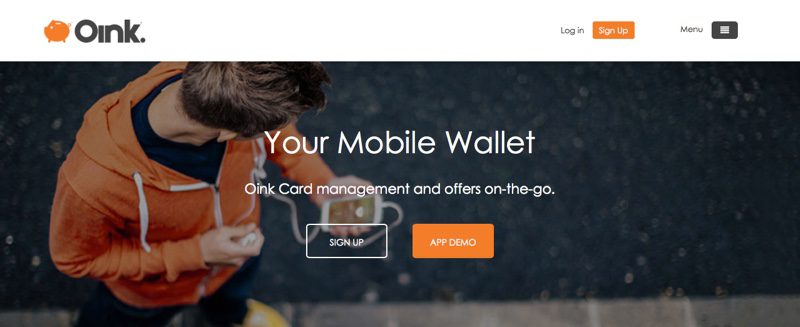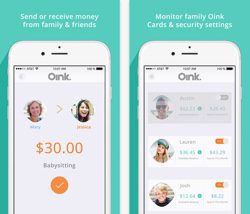
An investment of $50 million gives predictive analytics innovator, Radius, total capital of more than $125 million and a valuation of somewhere between $500 million and true unicorn status: $1 billion, according to Fortune.
The round was led by Founders Fund, and featured participation from a host of other investors, including AME Cloud Ventures (Jerry Yang), BlueRun Ventures, Formation 8, Glynn Capital Management, Salesforce Ventures, and Yuan Capital. The new funding will support product development, as well as developing what Radius CEO Darian Shirazi called “the Radius customer success organization.”
In a statement, Joe Lonsdale, a founding member of Formation 8, highlighted the rapid adoption of Radius’ technology as a reason to support the company. “The team at Radius has pulled ahead with a clear network effect, which means that their data is getting updated hundreds of millions of times a day,” Lonsdale said. “It’s no surprise they are becoming the leading platform for marketing to businesses, and it’s clear they’re just getting started.”
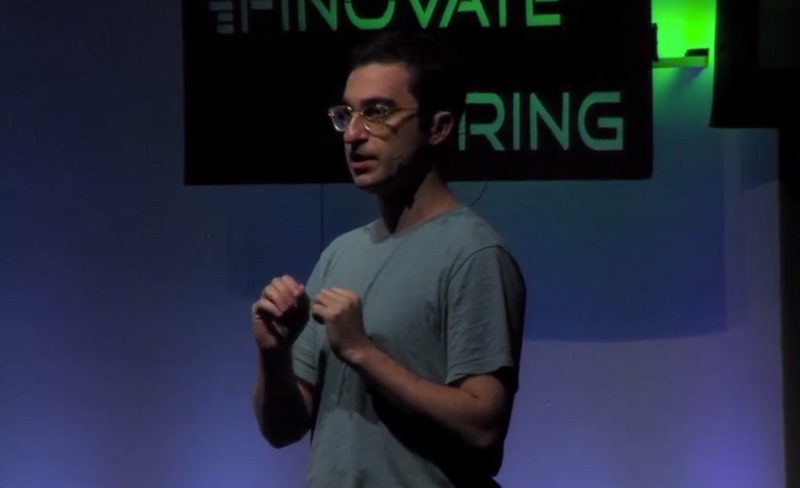
Radius CEO Darian Shirazi demonstrated his company’s platform at FinovateSpring 2014 in San Jose.
Speaking of the struggle marketing professionals often have when working the data to better engage and reach customers, Shirazi said, “We address the challenge with a single, beautifully designed application that allows CMOs to navigate, define, expand, and acquire their entire customer universe.”
The capital infusion comes just a few weeks after Radius made headlines with a quartet of executive hires. In June, Radius added Chief Operating Officer David Obrand; Vice President of Sales Jerry Clarno; Senior Vice President of Strategy Andrew Garvin; and Senior Vice President of Marketing Angela Zener.
Radius specializes in providing businesses with big-data technology that helps them better understand their customers, identify new market opportunities, and intensify their marketing efforts. Solutions like the Radius Intelligence Cloud and Business Graph, according to Shirazi, make it easier for marketing teams to reach specific audiences. The company’s proprietary technology within The Intelligence Cloud uses data on more than 30 million SMEs in the United States, and more than 50 billion data points to help businesses turn their customer data into actionable marketing opportunities.
Radius was founded in 2009 and is headquartered in San Francisco, California. The company made its Finovate debut at FinovateSpring 2014 in San Jose.



